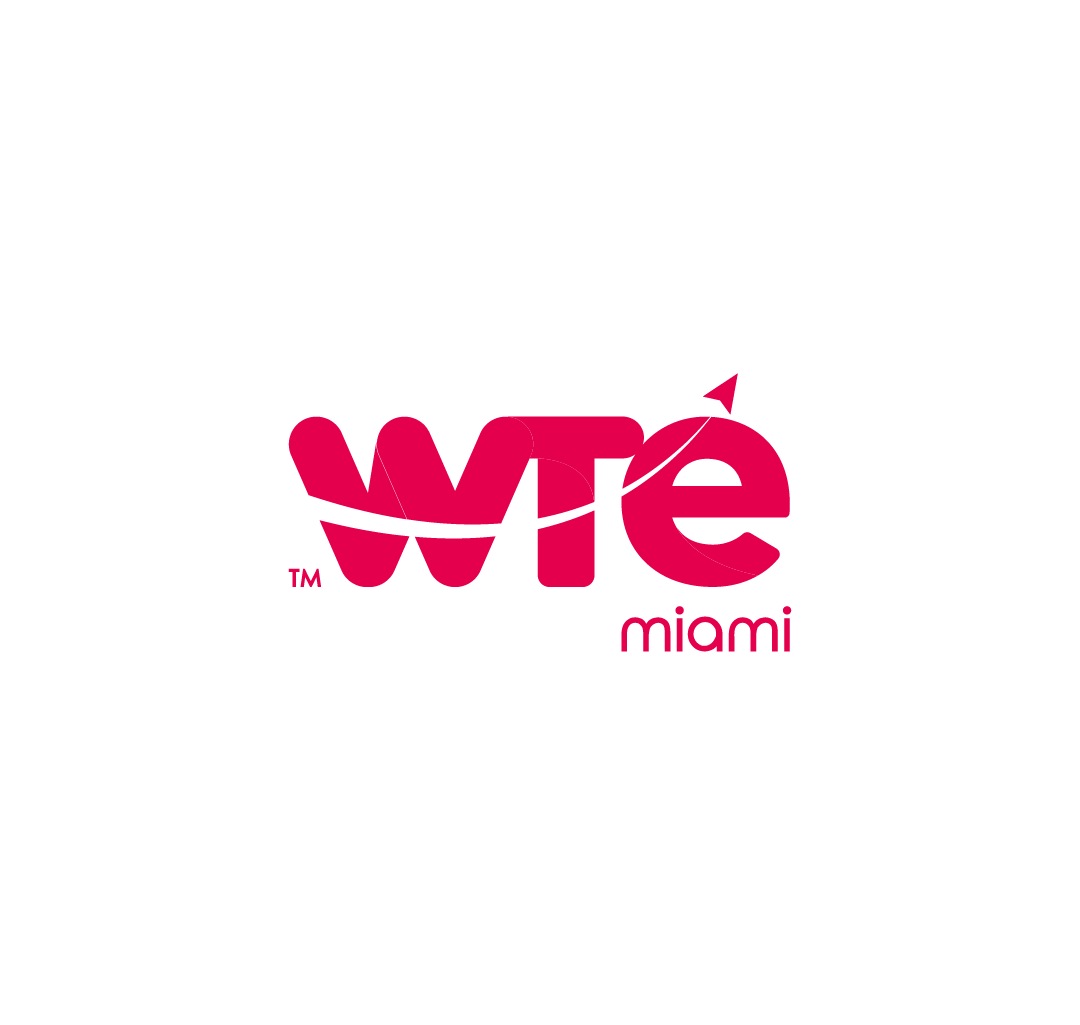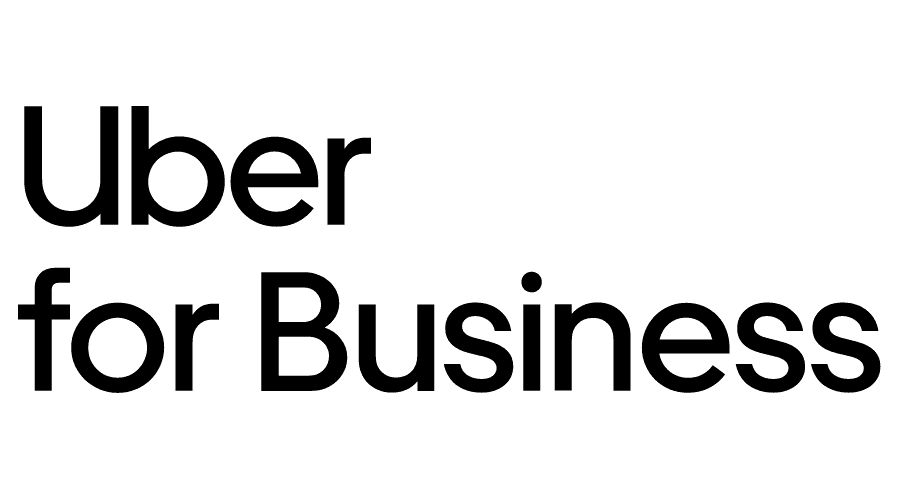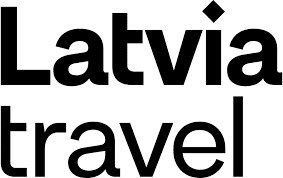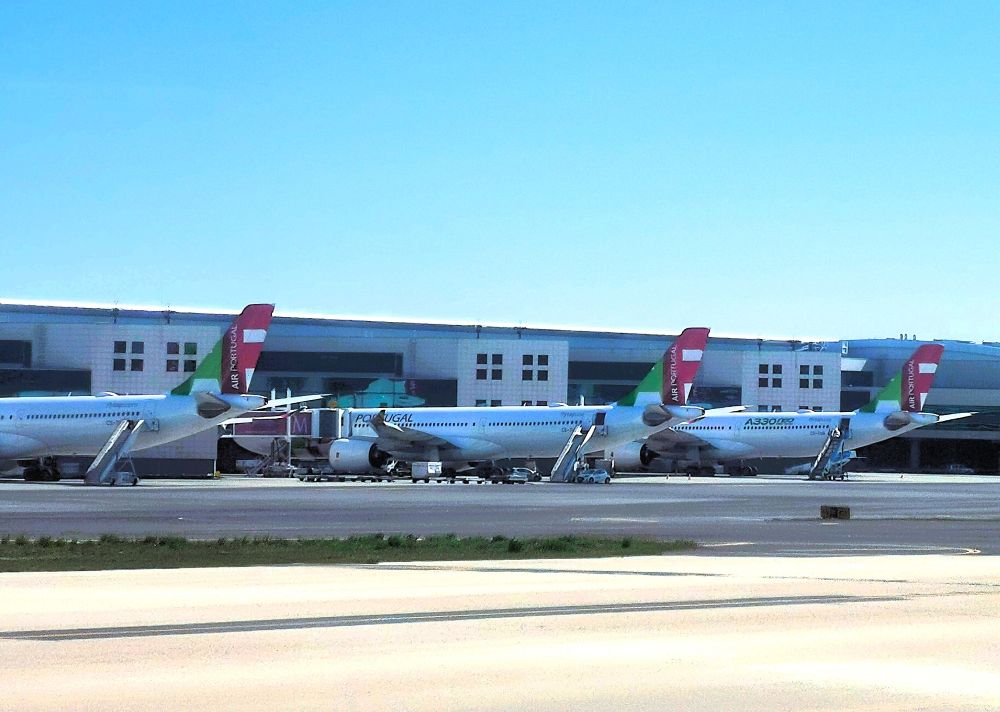SBTs unlock the mystery of corporate travel management
SINGAPORE – Self-booking tools are taking the mystery out of travel management costs encouraging a more positive relationship between travel management companies and their clients, according to a new worldwide survey.
The landmark research on global trends in business travel was conducted by Amadeus in collaboration with Cranfield University’s Business Travel Research Centre. The Association of Corporate Travel Executives was another partner in the research.
The survey of more than 400 companies worldwide found that the nature of a company’s corporate culture and industry sector significantly influences the level of adoption of self-booking tools (SBTs).
David Brett, president of Amadeus Asia Pacific, said the study is important as moving to a self booking culture can result in considerable savings in travel costs – both in time and money – for an organisation.
“Savings can be achieved even from the first year of adoption,” he said.
“Compared to the traditional face-to-face contact with travel agencies, SBTs represent the lowest cost method of purchasing travel for corporations in addition to indirect savings, so it is interesting to note that certain trends and variables govern the rate of adoption of SBTs in a company.”
The survey of 424 travel managers working for corporations with an average annual spend of US$35 million on travel found that while 66 percent of these organisations already have some form of SBT, only 53 per cent of all air travel tickets were purchased online.
High-tech, consulting services, and logistics companies achieve the highest levels of adoption with public utilities and agriculture enterprises achieving the lowest levels.
The companies that completed the survey also revealed that using an SBT saves their companies, on average, 25.6 per cent of travel management company fees, and a further 9.1 per cent on airline ticket spend.
Brett said SBTs were driving the evolution of corporate travel agencies, allowing them to offer a broader range of services, add value and reduce costs for their clients.
Brett said that early adopters of SBTs were the technology-focussed companies who wanted to be the first to use the new tools. “It would be true to say that the efficiency gains were not quite there in the early days because the technology wasn’t quite there.
“However, with the evolution of the product it has become much easier to use and the barriers are beginning to come down as companies realise the gains that are to be made by using SBTs.
“A company’s travel department becomes much more knowledgeable about travel purchasing, and because of this knowledge they become more demanding of their travel management company.
“Companies are also able to see more clearly the value of what the TMC is doing for them, and are therefore in a better position to evaluate that service. In turn this creates a better relationship between corporations and their TMC, ” Brett said.
By Ian Jarrett
Ian Jarrett
Have your say Cancel reply
Subscribe/Login to Travel Mole Newsletter
Travel Mole Newsletter is a subscriber only travel trade news publication. If you are receiving this message, simply enter your email address to sign in or register if you are not. In order to display the B2B travel content that meets your business needs, we need to know who are and what are your business needs. ITR is free to our subscribers.








































Airlines suspend Madagascar services following unrest and army revolt
Airbnb eyes a loyalty program but details remain under wraps
Qatar Airways offers flexible payment options for European travellers
Air Mauritius reduces frequencies to Europe and Asia for the holiday season
Major rail disruptions around and in Berlin until early 2026